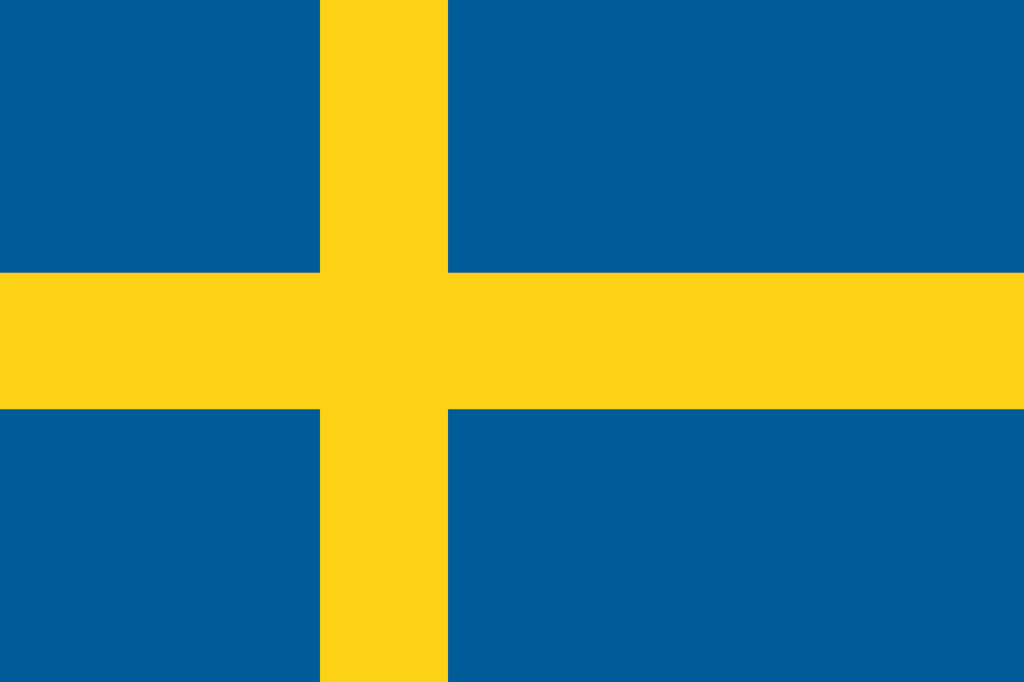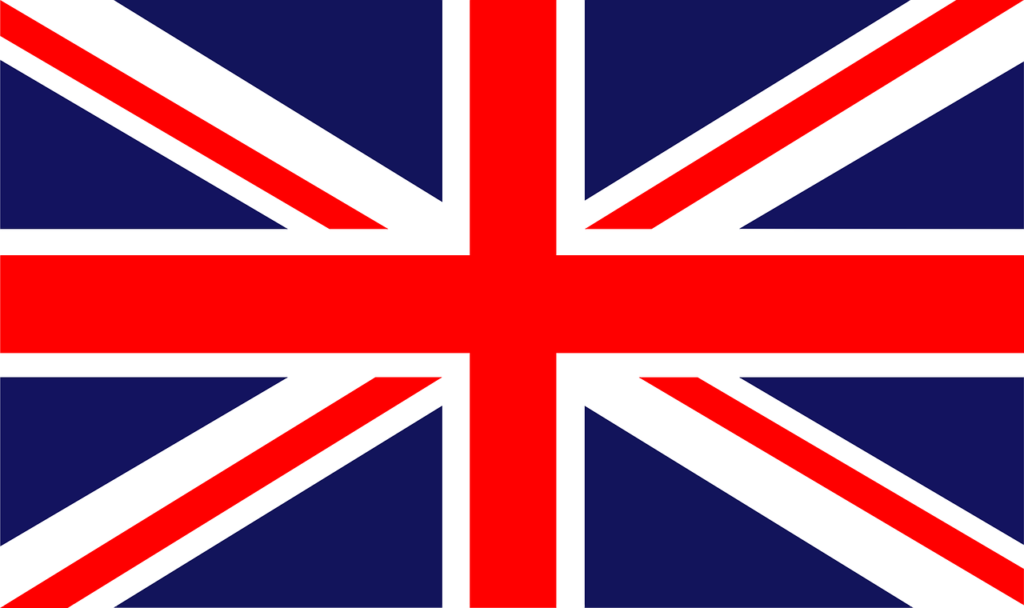The Wonderland of OSS – The impact of system’s sanctions on companies and EU member states (Part 5)
The last part of the Wonderland of OSS deals with the impact of the system’s sanctions regime on businesses and EU Member States. If you missed any of the previous posts, you can still find them here.
As a brief refresher for new readers, the One Stop Shop system requires all sales to be reported and there is no minimum threshold for reporting sales. However, you don’t need to register for this special VAT scheme unless your EU-wide sales exceed 10,000€ threshold. As in other cases, late returns in OSS may also be penalized and this is why you should be very careful if you are using this special scheme because it is really useful in EU-wide e-commerce and you don’t want to get kicked out of it.
In the worst case scenario, the seller may have to pay a tax of 1-5€ himself, but depending on the delay, he will be charged the maximum amount of the delay fee in accordance with the VAT law of the Member State of consumption. For example, the Finnish VAT law is light compared to the standard late payment penalty of 4,000€ per declaration in the Irish VAT law (Announced by the Irish Tax Administration on 23 January 2023: Fixed penalties 16 May 2023)
The customer may therefore face a situation where a 5€ late fee can lead to a maximum late fee of 142€ in Finland (Situation, when Finland is the Member State of consumption). Legally, this may be the case, because the EU Commission has not defined a unified late fee policy in the OSS system, but the national legislation of the Member State of consumption applies to the notification of late payment. (Source: Declare and pay in OSS 16 May 2023)
However, there is a need for uniformity and a common approach when imposing sanctions, which is why late payment penalties must also be reasonable and late payment penalties must be collected on time.
What are the effects of determining the late fee on the market area?
When considering the effects of a strict interpretation of the law and the eager collection of late payment fees, the final scenario to consider is a reduction in the variety of e-services available to foreign companies from the EU economic area in Finland and other EU Member States.
From a Finnish perspective, the eager collection may cause a reorientation of sales of companies identified in other EU Member States, i.e. Finland may be excluded from e-commerce availability and delivery areas. In the same way, a Finnish company can redirect sales from Ireland and close the online store to Irish customers.
The withdrawal of companies from the market also has implications for public finances: Companies that may have large tax revenues in Finland, for example, will be left without access because Finnish customers would not be able to consume the service or buy the product due to accessibility restrictions. As a result, the tax revenues do not come to the Member State either but are lost from the companies to other EU countries.
Will the lack of a common line for late fees ultimately impoverish the functioning market and worsen the competitiveness of foreign companies?
Companies that would be willing to expand their business to customers in another Member State do not offer their services and there may be a vacuum in the diversity of services. Local companies would have the opportunity to fill the marketplace if foreign companies withdrew from the region. Domestic companies must also have the ability to bring a similar product or service to the market.
Ultimately, the purpose of the OSS is to harmonize VAT practices across Europe and to reduce the administrative burden on e-commerce. In addition, OSS has the potential to enrich the range of products and services to promote healthy competition between companies. A unified VAT system should remove barriers to competition.
Do the various late fee policies achieve these purposes?
At the level of tax authorities, different practices in determining late fees lead to competition between countries – The Member State with the highest late payment fee receives the highest tax revenue. OSS system needs a common approach to the calculation of late fees so that all Member States are on the same page and the unified VAT area achieves its goals.
What is the benefit of the grace period for the EU region?
The tax authority of the Member State of identification is obliged to remove the company from the OSS due to repeated non-reporting. A situation where the company has filed three consecutive late returns under the special scheme is considered a recurrent failure. In the Union system, this means three quarterly declarations and in the import system, three months.
The grace period of the system comes from EU legislation and is an extreme legal obligation for every EU Member State. Appealing a decision at the national level is challenging and often has to be appealed to different courts. In Finland, you can appeal the decision first through a legal claim and then appeal the rejected complaint to the administrative court. From the administrative court, the case must be transferred to the European Court of Justice.
At worst, the grace period can mean hundreds of thousands of euros in administrative costs for the companies themselves, because when the cooling-off period comes, there are only two options: Either to register for VAT in all countries or to stop e-commerce. For businesses, the penalty is disproportionately harsh for the three late payments and could lead to bankruptcy in the worst case.
How can the grace period and sanctions be avoided?
All penalties and the cooling-off period can be avoided by reporting the tax correctly and on time to the Member State of identification.
Late payment is an aggravating factor in OSS. The best and easiest way to handle OSS obligations is to report on time and correctly at once. But if giving the correct sales report on the due date is impossible, for example due to problems in the reporting system, it is more important to report on time than to report correctly or to be accurate in your sales reports. The OSS system allows you to correct your report without incurring a late fee or other penalties by converting a return to the next reporting period. This differs from the standard national VAT procedure; If you fix the Finnish national VAT return, you will receive a late fee.
If you are having troubles with OSS and need further advice, contact us and let’s talk further!
Photo by Tingey Injury Law Firm on Unsplash







